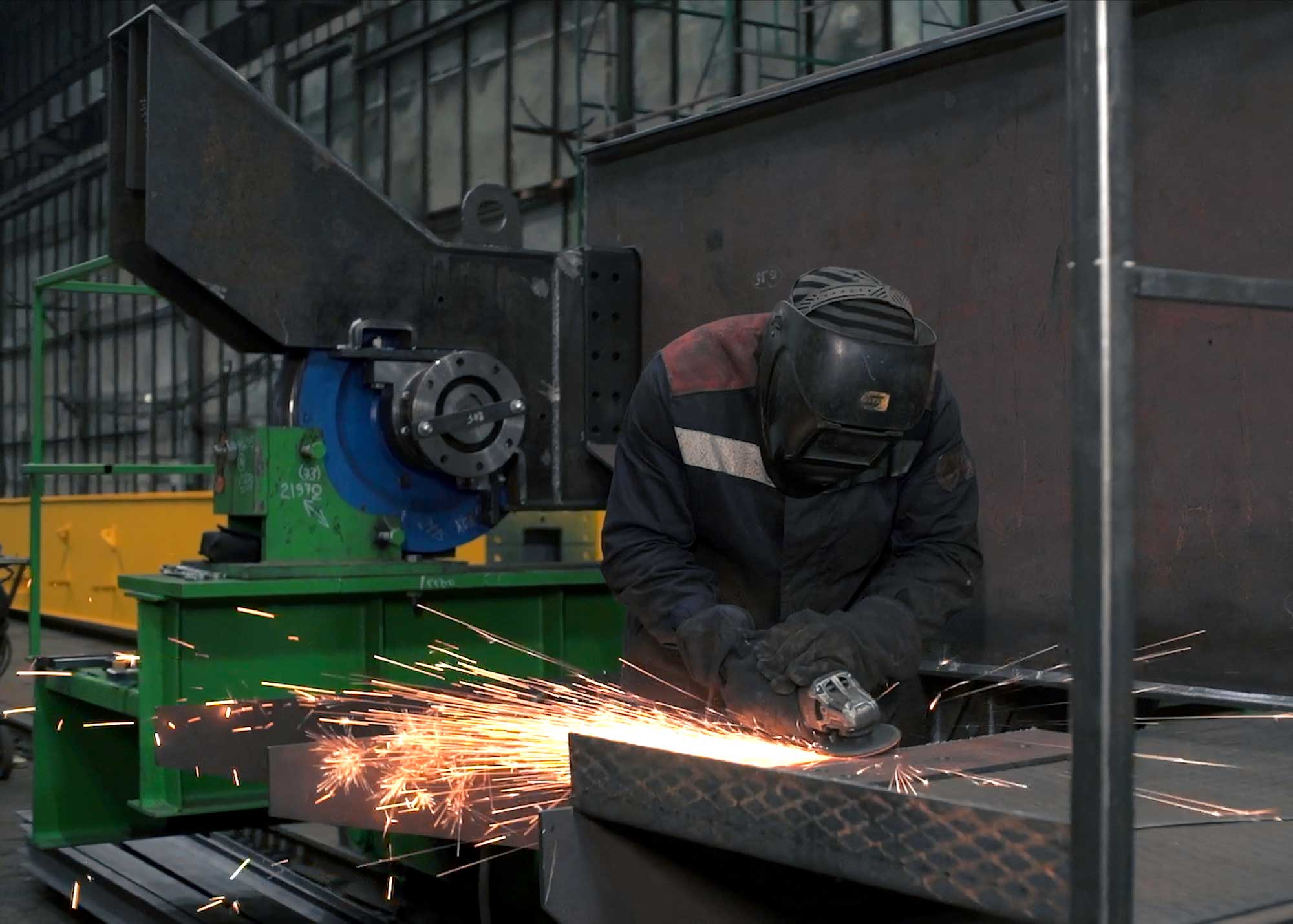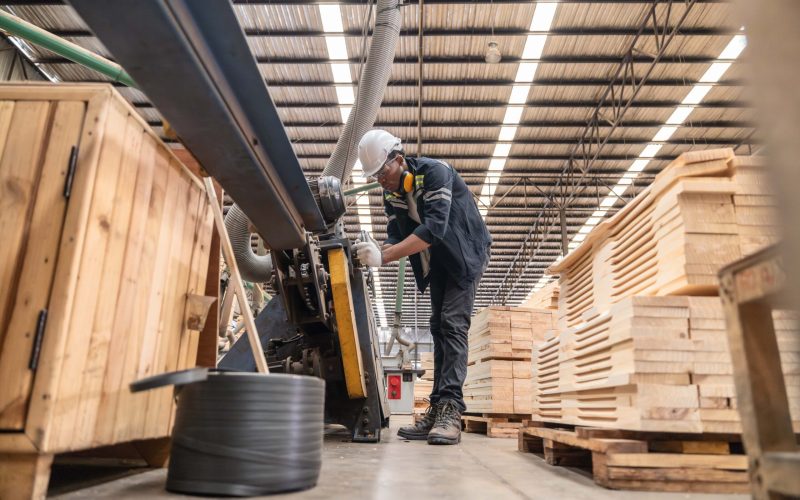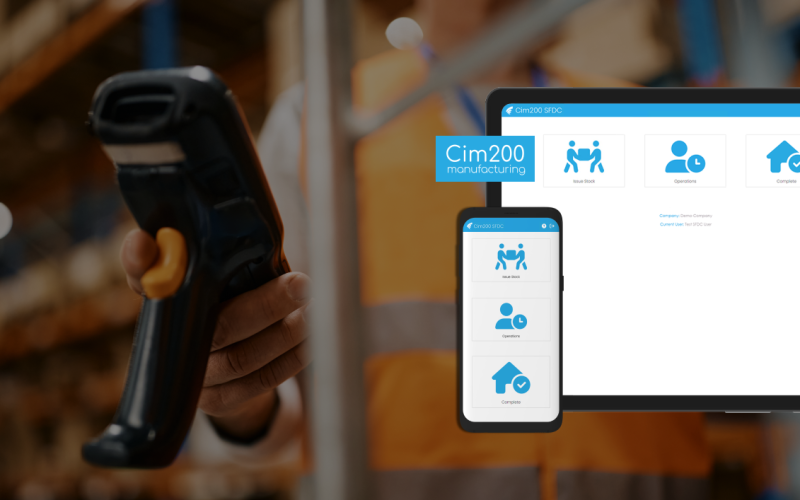In the evolving world of manufacturing, “production scheduling” might not sound as exciting as cutting-edge technology or ground-breaking innovations. However, it is a fundamental aspect of successfully running any manufacturing business. It plays a pivotal role in ensuring efficiency, reducing costs, and delivering high-quality products to customers on time. In this blog post, we will delve into the importance of production scheduling for a manufacturing business and explore its benefits…
1. Resource Optimisation
One of the primary reasons why production scheduling is crucial is its ability to optimise resources. In manufacturing, labour and machine resources can be finite and costly. Through effective scheduling, manufacturers can allocate these labour and machine resources more efficiently, reducing waste and saving money, leading to improved cost control and better profitability.
2. Meeting Customer Demand
Meeting customer demand is the crux of any manufacturing business. Production scheduling helps ensure that products are manufactured and delivered on time, meeting the customer’s expectations. By accurately predicting customer demands and scheduling production accordingly, businesses can avoid stockouts and reduce the need for costly rush orders or overtime.
3. Reduction of Lead Times
Long lead times can be detrimental to both the manufacturer and the customer. Efficient production scheduling can help minimise lead times, which is crucial for competitive advantage in a fast-paced market. Shorter lead times enable a business to be more responsive to customer demands, reducing the risk of losing customers to their competitors who can deliver products more efficiently.
4. Inventory Management
Effective production scheduling is essential for proper stock management. By avoiding overproduction and maintaining just-in-time stock levels, a manufacturing business can reduce carrying costs and the expense of storage. This not only frees up capital for investment in other areas but also minimises the risk of obsolete stock.
5. Quality Control
Quality control is paramount in manufacturing. Poor scheduling can lead to rushed production, which increases the risk of defects and substandard product quality. On the other hand, well-planned schedules provide ample time for quality checks and adjustments, resulting in a higher-quality end product and fewer customer complaints.
6. Employee Morale and Productivity
A well-thought-out production schedule can also have a positive impact on the workforce. When employees have clear work schedules and a predictable workload, it reduces stress and increases job satisfaction. Happier employees tend to be more productive, leading to improved manufacturing efficiency and, ultimately, a more successful business.
7. Cost Reduction
By optimising production schedules, manufacturing businesses can reduce costs in various ways. For example, they can minimise setup times, reduce overtime expenses, and avoid rush orders. These cost savings can significantly impact a company’s bottom line and make it more competitive in the marketplace.
8. Adaptability and Flexibility
In today’s rapidly changing world, adaptability and flexibility are key to success. Production scheduling should allow for changes in demand, production disruptions, and unforeseen events. An agile scheduling system can help a manufacturing business respond effectively to market shifts and operational challenges.
Production scheduling should not be just a mundane task in manufacturing; it should be the backbone of operational success. A well-executed production schedule can lead to resource optimisation, improved customer satisfaction, reduced lead times, efficient inventory management, better product quality, and cost reduction. Moreover, it can enhance employee morale and make a manufacturing business more adaptable and competitive. In an industry where every minute and every resource counts, effective production scheduling is not just important; it’s essential for sustainable growth and success.
Both of our Manufacturing Software Solutions for Sage, Cim50 and Cim200, provide production scheduling. Our Graphical Scheduler module allows production managers to visualise their production schedule and control the shopfloor workload with an intuitive and easy to use interface.
If you’d like to hear more about our production scheduling software, just enter your details in the form below and we’ll be in touch!






